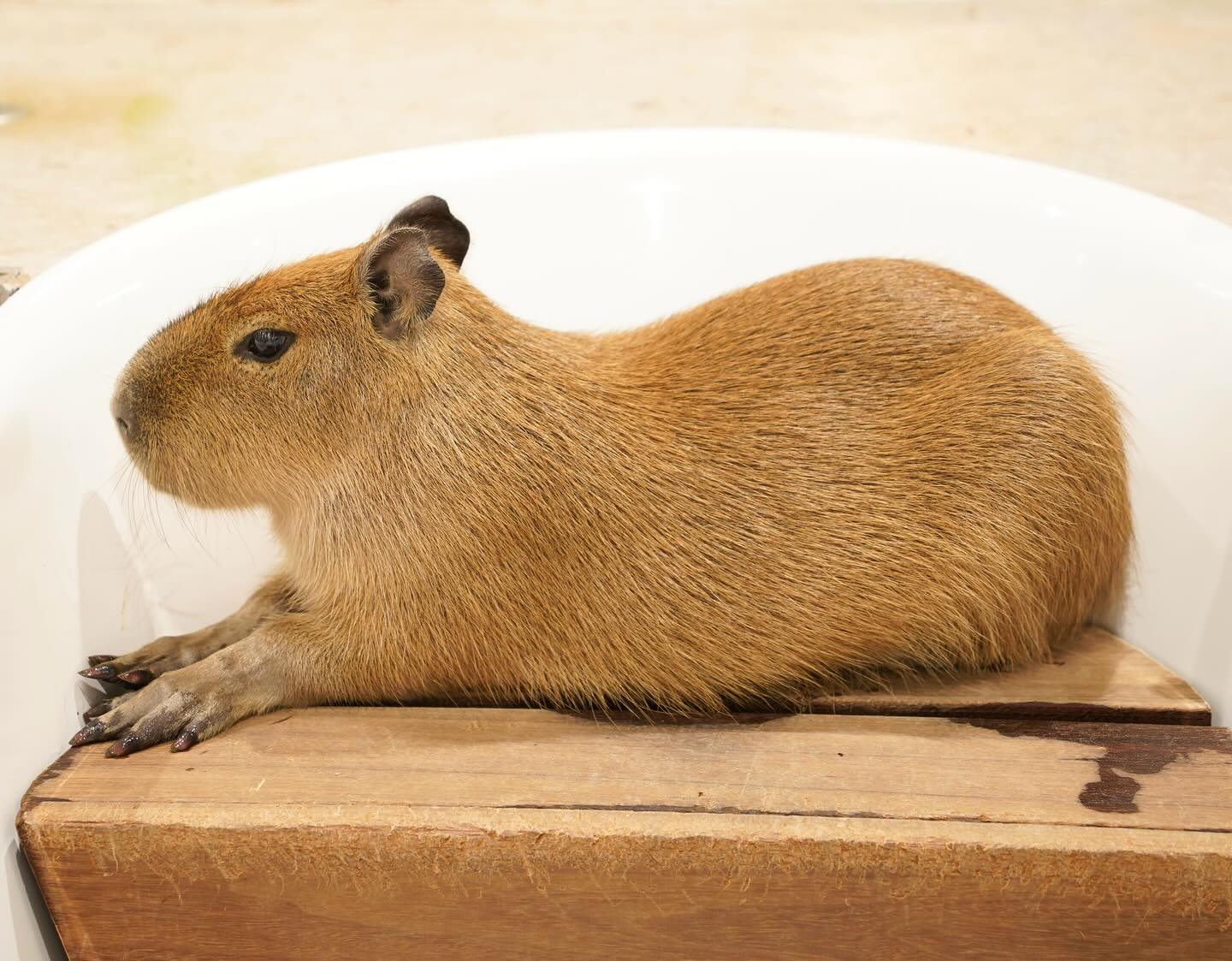Capybara ownership laws
$2,800.00 Original price was: $2,800.00.$2,500.00Current price is: $2,500.00.
What You Need to Know About Raising a 16-Week-Old Capybara
Capybara ownership laws. Owning a capybara as a pet can be a rewarding experience, but it comes with unique legal responsibilities. Capybaras are large, semi-aquatic rodents that require specific care and attention. As a 16-week-old capybara matures, it’s important to understand the laws surrounding their ownership, especially as these animals reach adulthood. Breeding capybaras naturally also involves careful consideration of legal and ethical guidelines.
What You Need to Know About Raising a 16-Week-Old Capybara
Capybara ownership laws. Owning a capybara as a pet can be a rewarding experience, but it comes with unique legal responsibilities. Capybaras are large, semi-aquatic rodents that require specific care and attention. As a 16-week-old capybara matures, it’s important to understand the laws surrounding their ownership, especially as these animals reach adulthood. Breeding capybaras naturally also involves careful consideration of legal and ethical guidelines.
Are Capybaras Legal to Own?
Before bringing a capybara into your home, check local laws and regulations. In some areas, owning a capybara is strictly regulated or even prohibited. Many states and cities in the U.S. require special permits to own exotic animals, including capybaras. Regulations vary widely, so it’s crucial to research the specific laws in your location. Additionally, some places have laws that restrict the private breeding of exotic species. Always ensure you comply with these laws to prevent legal issues down the line. Capybara ownership laws
Capybara Ownership Responsibilities
Owning a 16-week-old capybara involves providing proper care as they approach their adult size and behavior. Capybaras are highly social creatures, and they need to live in groups to remain mentally healthy. Isolated capybaras can become stressed or aggressive. Furthermore, capybaras are herbivores that require a specific diet consisting of grasses and vegetables. Their large size also means they need a spacious living environment, ideally near a body of water.
Natural Breeding of Capybaras: Ethical and Legal Considerations
Breeding capybaras requires a deep understanding of their biology and needs. While natural breeding can occur when two capybaras are housed together, it’s important to ensure you have the resources and knowledge to care for both the parents and the pups. Some jurisdictions prohibit breeding capybaras without a permit. Make sure you’re fully aware of your legal responsibilities regarding breeding, including regulations on animal welfare, breeding permits, and necessary facilities.
Conclusion: Responsible Capybara Ownership
If you are considering raising a 16-week-old capybara or breeding these amazing creatures, make sure you thoroughly research and comply with all relevant local laws. Owning a capybara requires not only legal knowledge but also a commitment to their well-being and natural behaviors. Always prioritize ethical practices in breeding and ownership, ensuring that your capybara enjoys a healthy, happy life in a safe environment.
Be the first to review “Capybara ownership laws” Cancel reply
Related products
Uncategorized
Adult capybara
16 weeks old
16 weeks old
16 weeks old
8 weeks old
16 weeks old
16 weeks old













Reviews
There are no reviews yet.